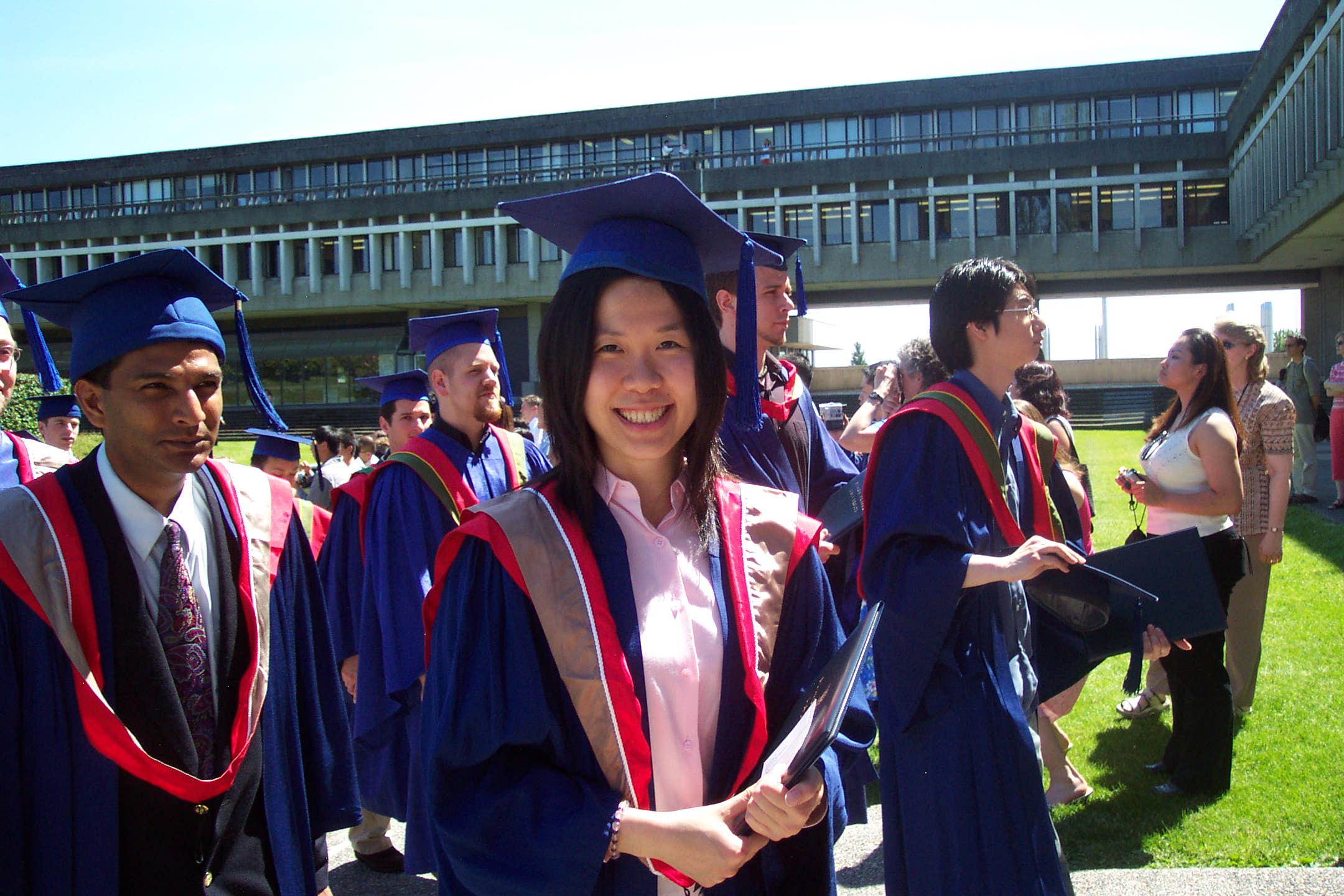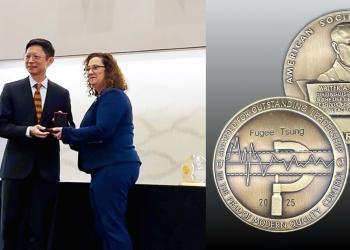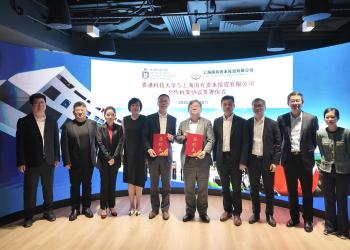Voices Unheard: The Mindreader who Listens to Thoughts through Cognitive Science
In your daily communications with colleagues, friends, family members, or even strangers, do you ever find it challenging to interpret their unspoken thoughts? For cognitive scientists, there are observable clues that can help decode people’s minds and behaviors—clues that even the individuals themselves may be unaware of. Professor Janet HSIAO, a new Professor at the School of Humanities and Social Science under the prestigious “30 for 30” talent acquisition campaign, is one such scientist uncovering the keys to “reading” minds.
“Cognitive science is an interdisciplinary discipline that blends expertise from diverse academic areas, such as artificial intelligence (AI), neuroscience, psychology and linguistics, allowing us to decode people’s minds from various perspectives,” she explained with passion.
A computer scientist’s journey into psychology
Cognitive science illuminates the complexities of human mind through computational methods. With her dual expertise in computer science and psychology, Prof. Hsiao has pioneered the analysis of human eye movements using Hidden Markov Models. This statistical approach quantifies individual differences in eye movement patterns, revolutionizing the use of eye movement data to understand cognition.
“Eye movement data can unlock the secrets of human mind. For example, we can use it to analyze students’ reading patterns to help teachers evaluate their reading development and proficiency,” she said.
Over an interdisciplinary journey spanning more than two decades, Prof. Hsiao finds the transformational power of AI captivating. While pursuing her master’s degree in computing science in Canada, she stumbled upon an article discussing how AI simulates the human brain’s processing of English sentences. “I have always been drawn to human-centric topics, and the interplay between AI and human cognition sparked my passion for psychology,” she recalled.
The newfound interest led her to the University of Edinburgh in the UK, where she completed a PhD in Informatics and merged her AI expertise with data analytics and cognitive science, paving the way for her acclaimed eye movement research.
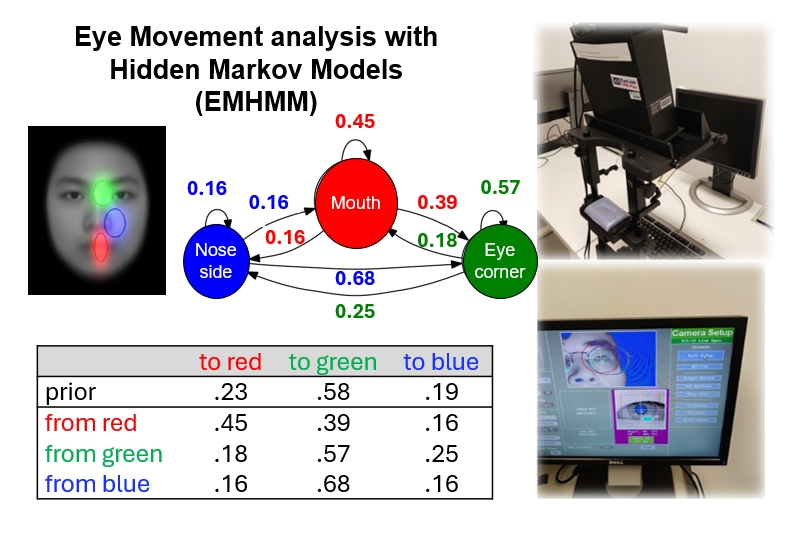
Building trust between humans and AI
As an expert in cognitive science, Prof. Hsiao frequently navigates the intricacies of human mind and AI. Seeing artificial cognition as the new trend, she also extends her study into the area of explainable AI, helping people understand AI’s decision-making processes to foster trust between humans and technology.
At HKUST, she is poised to take another leap forward by contributing her expertise to the research project of developing human-centric AI and robotics technology for geriatric care. Led by Prof. Bert SHI, Director of HKUST’s Center for Aging Science, the project was awarded a grant of more than HK$88 million under the Areas of Excellence Scheme 2024/25 of the Research Grants Council.
“In an increasingly ageing population, elderly care should address not only medical needs but also social and psychological aspects, such as emotional support and companionship,” Prof. Hsiao emphasized. “A future smart city will be characterized by human-like AI that can care for its human users in diverse ways.”
To foster constructive academic exchanges on cognitive science, she also introduced the CogSci 2024 Hong Kong Meetup to HKUST in August 2024. Supported by the internationally renowned Cognitive Science Society from the US, where she serves as a governing board member, the event gathered a distinguished group of scholars in AI and cognitive science from top universities in Hong Kong, Japan, and Korea.
“By leveraging HKUST’s strengths in neuroscience and AI, I aim to revitalize the University’s interdisciplinary environment by introducing cognitive science to our researchers and students,” Prof. Hsiao shared.
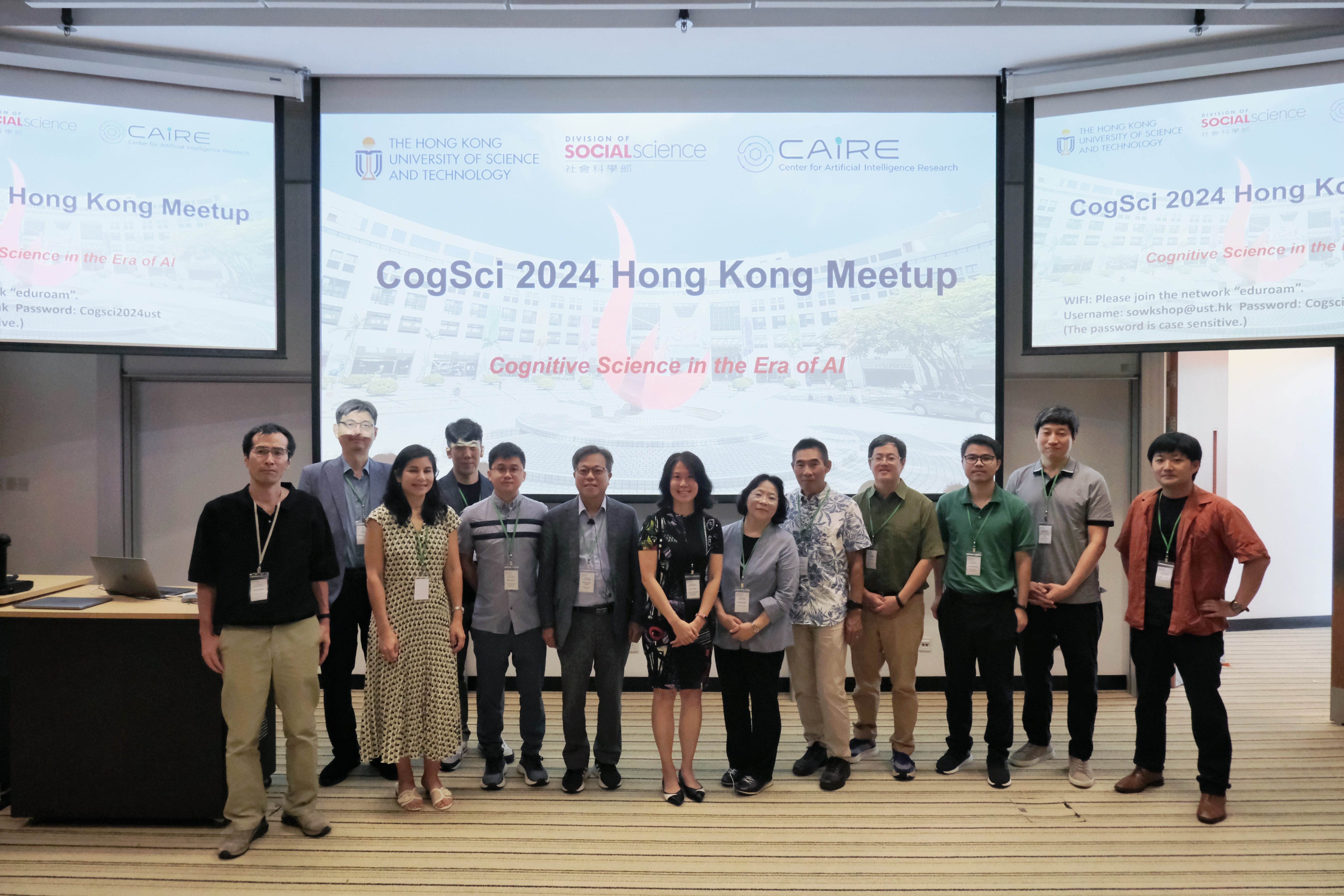
Pursuing “no mind” through karate
Years of delving into the study of the human mind have inspired Prof. Hsiao to embrace the philosophy of “mushin”, a martial arts term meaning “no mind”. In her leisure time, she practices karate to nurture her body and spirit. “Karate is not just about physical strength; it requires cogitation and deep focus to achieve the state of mushin, which ultimately leads to profound peace of mind,” mused the black-belt karate practitioner.
From exploring the fascinating intersections of AI and psychology to embracing the tranquil philosophy of mushin, the complexities of human mind never cease to amaze Prof. Hsiao. “This is what makes cognitive science so mesmerizing. I hope to introduce more students to the mystery and beauty of this interdisciplinary field,” she concluded.







